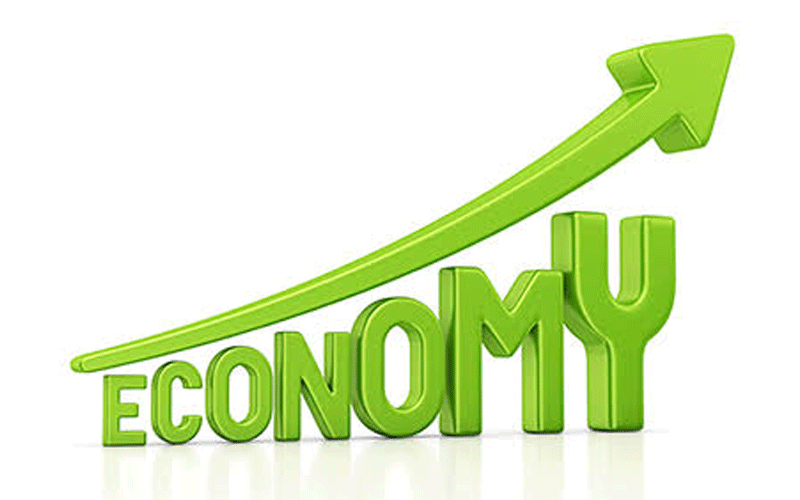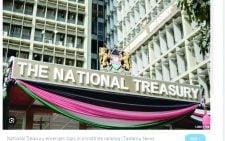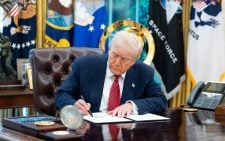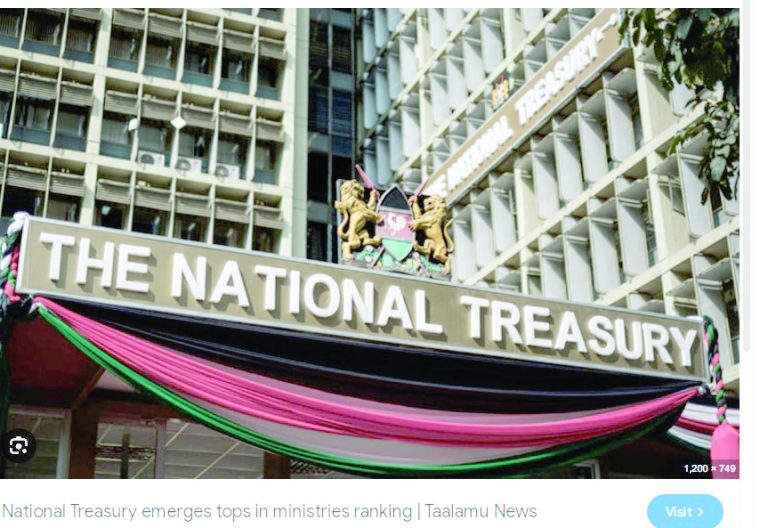Economy expected to stabilise at 6pc despite General Election jitters

Kenya’s economy is expected to stabilise at six per cent this year despite heightened political tension and high global fuel prices that has had a ripple effect on essential commodities in the country.
The revelation came during a consultative forum between the National Development Implementation Coordination and Communication Committee (NDICC) and donor partners.
Interior Cabinet Secretary Fred Matiang’i who chairs the NDICC attributed the steady economy projection to a strong performance at 11.9 per cent, 9.9 per cent in the second and third quarters of the 2021 financial year and remittances from the diaspora.
A report by the Central Bank of Kenya (CBK) shows that cumulative diaspora remittance for the 12 months to January 2022 hit $3.84 billion (Sh422.4 billion), a 21.4 per cent increase compared to the $3.15 billion (Sh346.5 billion) remitted in the same period in 2021.
“Key macroeconomics indicators point to a quick rebound of the Kenyan economy from the Covid-19 impact with remarkable improvements witnessed in the services and industrial sector,” Matiang’i noted.
The donors which included the World Bank and France were informed that the government is targetting to vaccinate additional 26 million people, from the current 27.1 million to bolster economic activities and interaction.
Family incomes
A rollout of labour-intensive projects such as Kazi Mtaani, construction of CBC classrooms and other infrastructural developments around the Big Four agenda is also expected to remain a key priority towards job creation and increasing family incomes.
Additional 50 new Level 3 and Level 4 hospitals are set to be constructed across the country to ease pressure on the Kenyatta National Hospital and other referral institutions. The pronouncement, however, comes at a time when erratic taxes, drought and the global surge of fuel prices at the back of Ukraine-Russia tension has combined to scale up the cost of living.










